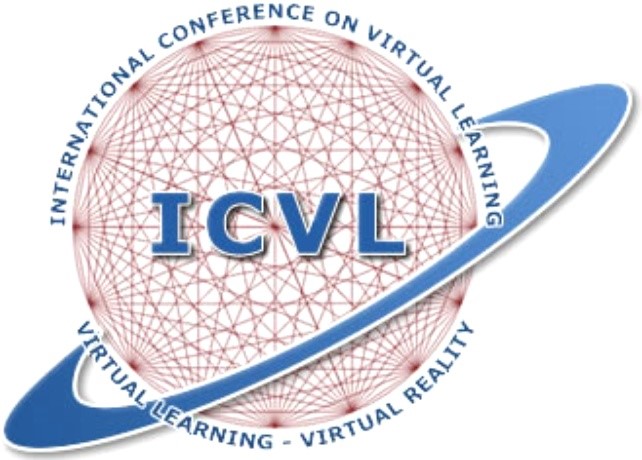Vol. 18 / 2023 – International Conference on Virtual Learning
Metacognition and self-assessment in informatics classes: exploring the impact of assessment criteria, motivation, and task complexity
Maria GUTU
Metacognition and self-assessment are important in learning and cognitive development. Metacognition, the awareness and understanding of one's cognitive processes, plays a crucial factor in enhancing learning and performance by enabling students to understand how they think, plan, and monitor their thinking strategies. Self-assessment allows students to become more effective, independent, and adaptable learners.
This research focuses on exploring the role of metacognition in the context of informatics classes, particularly aiming at self-assessment techniques. The study investigates the correlation between metacognitive awareness and self-assessment, as well as the influence of motivation, task complexity, and assessment criteria on metacognitive processes. Data was collected through a survey of 72 high school students in Chisinau, the Republic of Moldova. The results demonstrate a significant improvement in metacognitive strategies and self-assessment practices, emphasizing the importance of fostering metacognitive skills in informatics education. The study proposes evidence-based recommendations for teachers to enhance metacognition and self-assessment practices, leading to improved learning outcomes and academic achievements in informatics.
Keywords:
Self-assessment,
Assessment Criteria,
Metacognitive Strategies,
Motivation,
Metacognition
CITE THIS PAPER AS:
Maria GUTU,
"Metacognition and self-assessment in informatics classes: exploring the impact of assessment criteria, motivation, and task complexity",
International Conference on Virtual Learning,
ISSN 2971-9291, ISSN-L 1844-8933,
vol. 18,
pp. 243-261,
2023.
https://doi.org/10.58503/icvl-v18y202321
